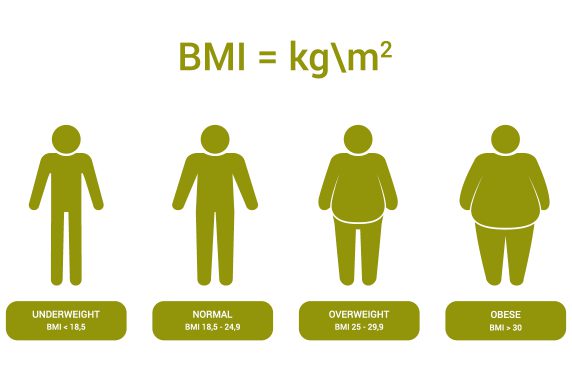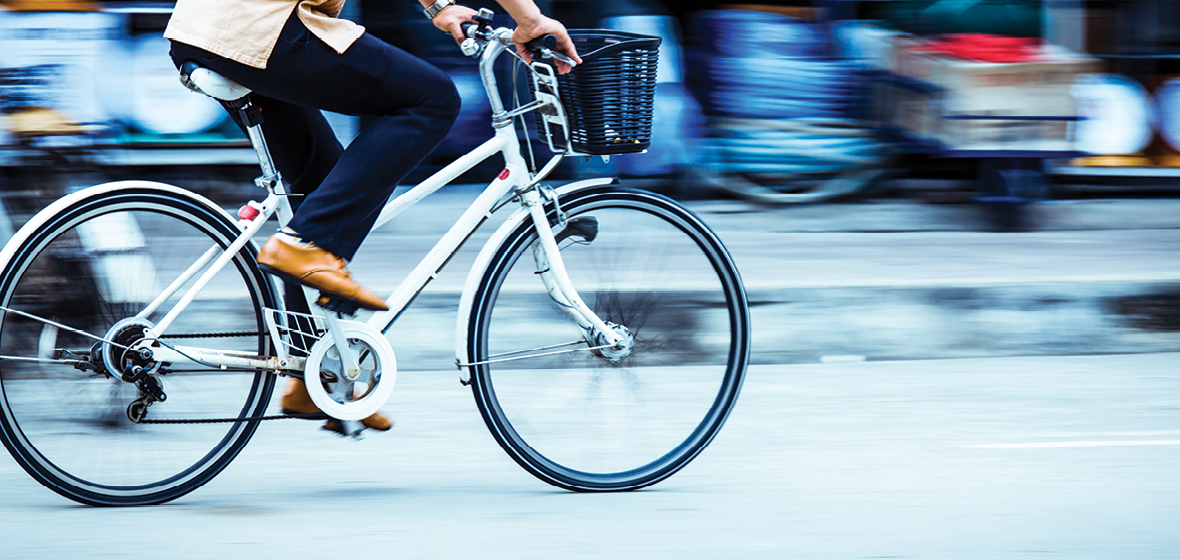Whether you go by car, train or bus, commuting to work can have a huge impact on your health. Thankfully, it’s possible to make your trip happier and better for you.
How did you get to work this morning and how long was your commute? According to the latest Household, Income and Labour Dynamics in Australia (HILDA) survey, Australian workers average 4.5 hours’ commuting time per week – up from 3.7 hours in 2002. It’s probably not surprising to learn most people – almost two in three – drive to work.
Worryingly, the proportion of people who commute two or more hours a day has increased from 12 per cent to 18 per cent over the last 15 years. Workers who live in capital cities and hold professional or managerial roles are more likely to commute long distances – and report less job satisfaction. There’s more to it than traffic jams, tardiness and road rage. Research shows what frustrated commuters have long suspected: commuting to work can be harmful to your physical and mental health. So if becoming a digital nomad isn’t an option, what can you do to improve the health of your commute?
Mind and body
Driving to work is the least healthy form of commuting thanks to all that time sitting on your backside. Sedentary behaviour is associated with an increased risk of being overweight, type 2 diabetes, heart disease and certain cancers, regardless of how much time you spend being physically active.
“We sit for far too long and if you commute, the time you spend sitting in your car as you’re driving is added to the amount of time you spend sitting at your busy workday and relaxing on the couch when you get home,” says Adjunct Professor Trevor Shilton, director of active living at the Heart Foundation.
There’s also evidence to suggest commuting – by car as well as public transport – is linked to negative health outcomes not directly related to the travel itself, including insufficient sleep and higher odds for smoking.
Runing Ye, a researcher at the Melbourne School of Design at the University of Melbourne, says this may be because long commutes reduce available time for health-promoting activities. “Because of the time we spend commuting, we’re pressed for time to do things like cooking healthy food or exercise or even sleeping,” she says.
When it comes to mental health, the findings are just as grim. British research shows commuters report lower levels of happiness, higher anxiety, lower life satisfaction and a lower sense that their daily activities at worthwhile. And the effects can translate to poor performance and engagement at work.
The HILDA survey reports people who commute long distances are less satisfied with their working hours, salary and ability to balance work with commitments outside work. They are more likely to leave their jobs voluntarily – indeed, almost one in five looked for a new job in the last month.

Active travel
Active travel – travelling by bike or on foot and perhaps by public transport – is the most effective solution to your commuting woes. It’s associated with improved physical and mental health and there’s also evidence that active travel makes for happier, more productive workers.
Still not convinced? British research shows a half-hour bike ride every day will burn nearly five kilograms of fat over a year. Walking briskly can help you to lose body fat, improve your fitness and reduce your risk of heart disease and stroke. And when it comes to swapping car travel for the train or bus, Victorian research found public transport users walk for an average of 47 minutes each day, compared to car commuters who walk for just eight minutes each day.
“Most people know physical activity is good for you, but they completely underestimate just how good it is for you,” says Adjunct Professor Shilton. “If you are active at a level that meets Australian guidelines, which is 30-60 minutes a day, you can reduce your risk of heart disease by 35 per cent. You can also reduce your risk of diabetes, some cancers, blood pressure, blood cholesterol, maintain a healthy weight and be fit and alert for work. There’s not much else that taken once a day can give you that array of benefits.”
Considering most people live within 10 kilometres of their workplace, it’s uber efficient. Instead of commuting and exercising separately, active travel allows you to do both simultaneously.
“If you commute by an active mode, whether that’s a mix of walking, cycling and public transport, you can get most of the physical activity that you need every day by doing that alone,” says Adjunct Professor Shilton.
“So if you’re committed to being physically active it may save you time.”
Stuck in traffic
If commuting by car is the only genuine option for you, Ye says flexible start and finish times can help to alleviate stress and reduce travel time. “Having to be punctual is stressful … you’re more likely to feel anxious or stressed during the commute,” she says. “Flexible start times can allow you to avoid the peak time, so you’re less likely to experience congestion on the roads. Working from home where possible can also significantly reduce the total commuting time.”
Ultimately, she says, adopting a positive attitude to commuting by car is the key to better mental health and productivity at work.
“Treat your commute like transition time, the time between your work and your home obligations, or use it for social activities like chatting with your children,” says Ye. “Evidence shows people who have a positive attitude to commuting generally have a higher sense of satisfaction.”




